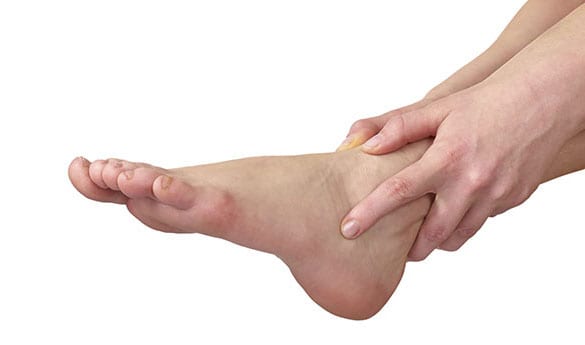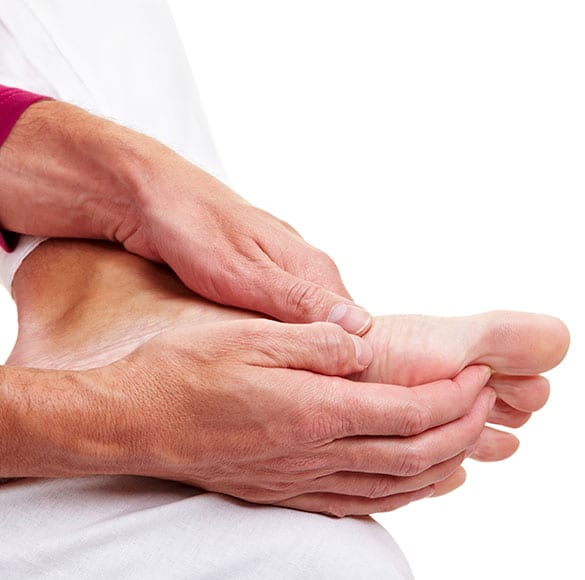
Find relief from Peripheral Neuropathy symptoms with LA Orthopedic Group.
Peripheral neuropathy is a catch-all term for damage to the nerves outside the brain and spinal cord. There are many different diseases and conditions that can contribute to peripheral neuropathy, including carpal tunnel syndrome, fibromyalgia, and diabetes.
- There is no cure for peripheral neuropathy
- Medical treatments can alleviate symptoms
- Can lead to injuries, depression, and loss of mobility if not managed
CONTACT US TODAY
Who Can Get It
Peripheral neuropathy is common in both men and women over the age of 55, but it can strike any age group or gender. Those with diabetes mellitus are at higher risk of developing neuropathies. Medications, including some chemotherapy treatments for cancer, can also cause peripheral neuropathy. Other causes of neuropathies include alcoholism, kidney disease, auto-immune conditions, and viruses.
You might also be at risk if you have a family history of neuropathy, liver or thyroid problems, or rheumatoid arthritis.
Symptoms
Symptoms can include tingling, a burning sensation, numbness, loss of sensation in the limb, lack of coordination, and inability to feel heat and cold. If the neuropathy affects organs, other symptoms, such as diarrhea, heart problems, and trouble sleeping may also be present.
You might experience more pain, tingling, and prickling at night. This may develop into restless legs syndrome, the uncontrollable urge to move your legs. You may also lose sensation in the bottom of your feet, leading to cuts or abrasions if you walk barefoot.


Diagnosis
Your doctor will do a physical exam and ask you about your symptoms. He or she might also do nerve conduction velocity (NCV) and/or electromyography (EMG) tests to measure the level of damage in your nerves. You might also be given an MRI.
Blood tests can reveal undiagnosed diabetes, vitamin deficiencies, or metabolic problems. And your doctor may do a nerve or skin biopsy to look for abnormalities.
Treatment
Treatment of peripheral neuropathy depends upon the underlying condition. Antibiotics can help where an infection is the cause. Addressing vitamin deficiencies or metabolic issues can help resolve the neuropathy. If medication is the issue, removing or replacing the culprit may also help.
Over-the-counter nonsteroidal anti-inflammatory drugs (NSAIDs) medications like ibuprofen can help with mild neuropathy. Prescription medications, including anti-convulsants, antidepressants, or narcotic pain medications may also be prescribed.
Other treatments can also be used for peripheral neuropathy. Transcutaneous electrical nerve stimulation (TENS) uses sticky pads on the skin to send a mild electrical current through the nerves. This can override the pain or tingling sensations.
Surgical intervention may be necessary, as in the case of carpal tunnel syndrome. Cutting the ligament across the wrist can relieve the compression of the nerves going to the hand. If only a single nerve is involved, surgery can be done to destroy the nerve; but, this is not an option for wide-spread nerve involvement.
Prognosis
Controlling the underlying cause of neuropathy is important. Managing diabetes can help reduce your neuropathy. Regular exercise, avoiding repetitive activities, and eating a well-balanced diet are all ways you can reduce your neuropathy at home. Managing the symptoms of neuropathy with your doctor can improve your quality of life.




